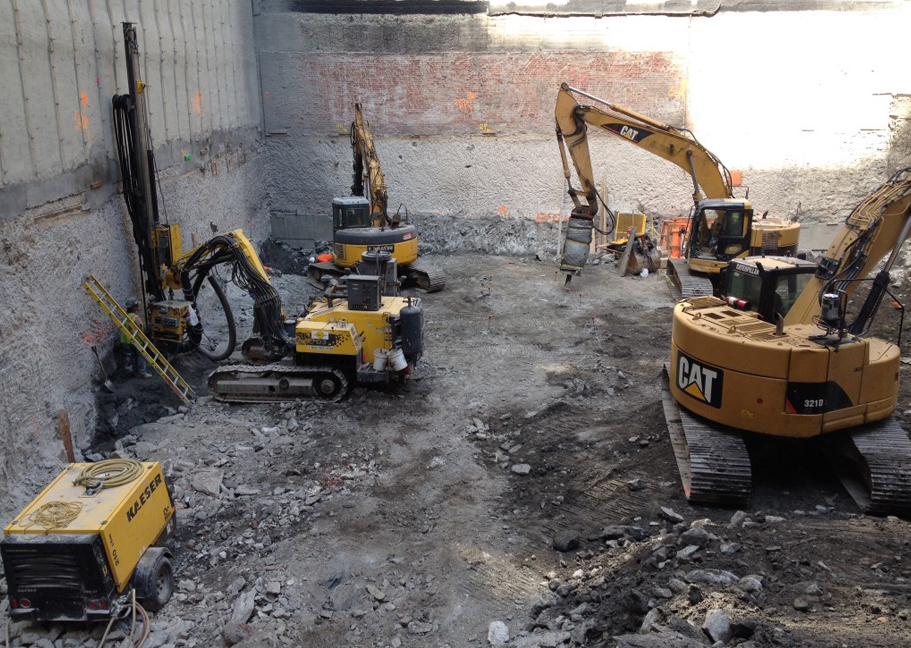ENERGY AND MINING
We provide a leading-edge geotechnical service for our clients in areas including offshore and onshore oil and gas and renewable energy (wind, Geothermal and hydro-power). We also provide geotechnical expert services to Governments investing in energy sector in Africa.
We provide information about geology at depth in the Earth's crust and help to define areas of mineral or energy resource potential. The information provided by field geologists is used to produce geophysical-geological map interpretations and to build 3D models of crustal geology. Geophysical data are also used with outcrop maps to validate geological cross-sections.Gravity surveys can be ground-based or airborne and help define areas of mineral potential.
We are also recognised for our offshore geotechnical expertise. New methods and equipment for investigating the characteristics of the underground has always been one of our focus areas. Our experts can predict the behaviour of soil when exposed to cyclic loading from waves and wind on platforms and other offshore structures. Our Services in Energy and Mining Sector Include;
- Site investigation
- Engineering geology and geohazards
- Geomorphology
- Rock slope stability
- Soil slope stability
- Hydrogeology
- Foundations and substructure engineering
- Offshore geotechnics
- Geoenvironmental engineering
- Ecology in ground engineering



